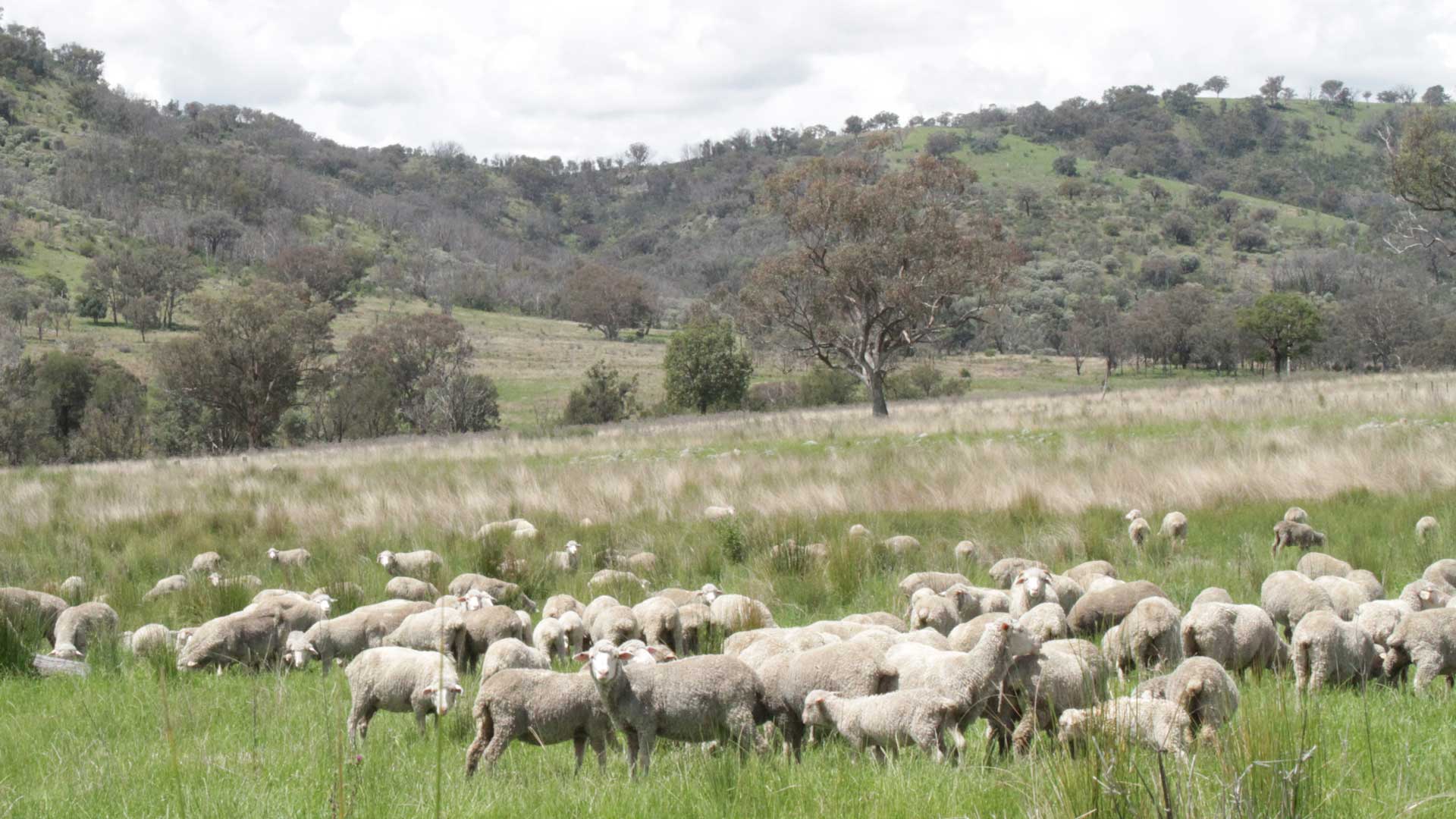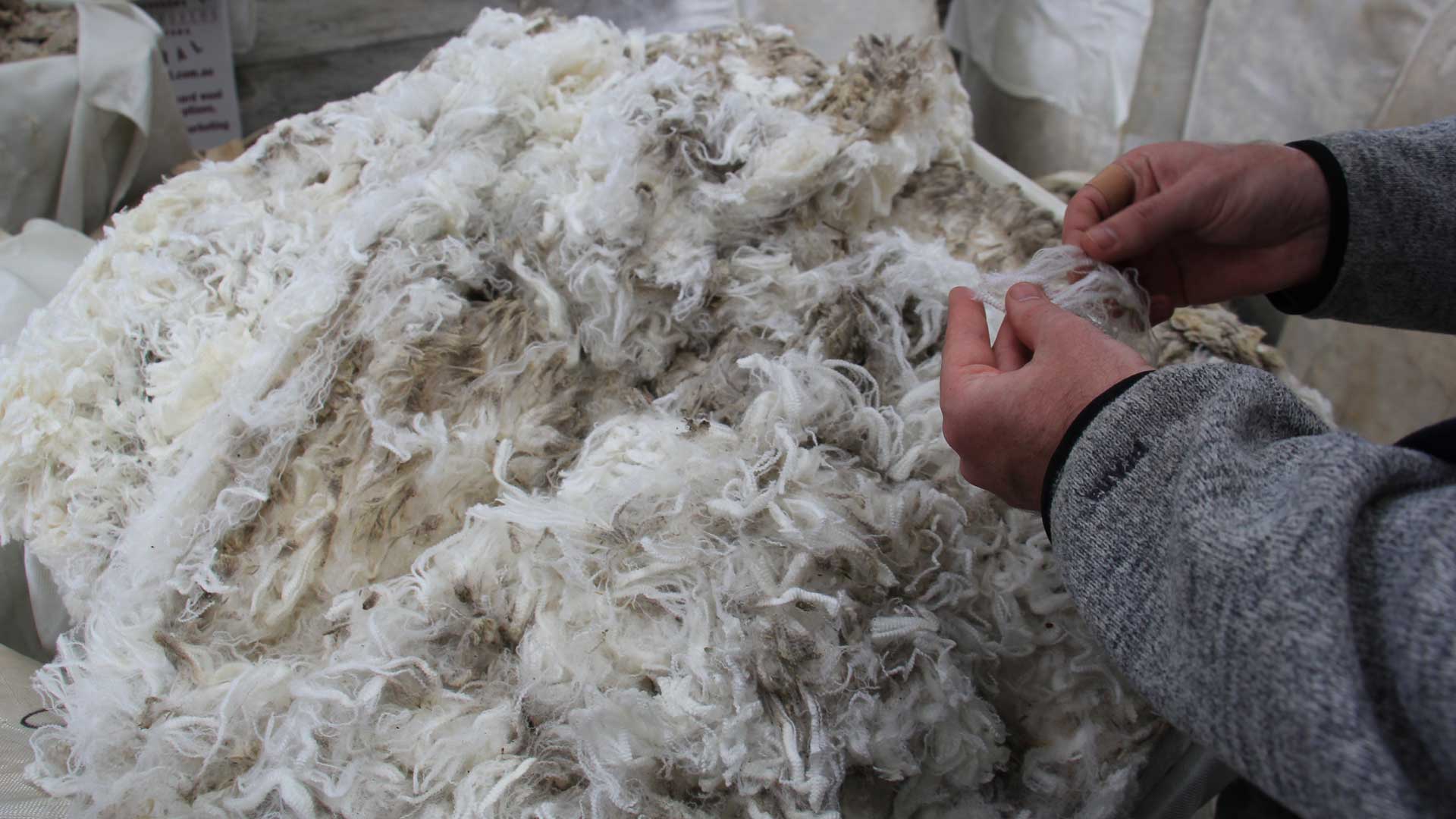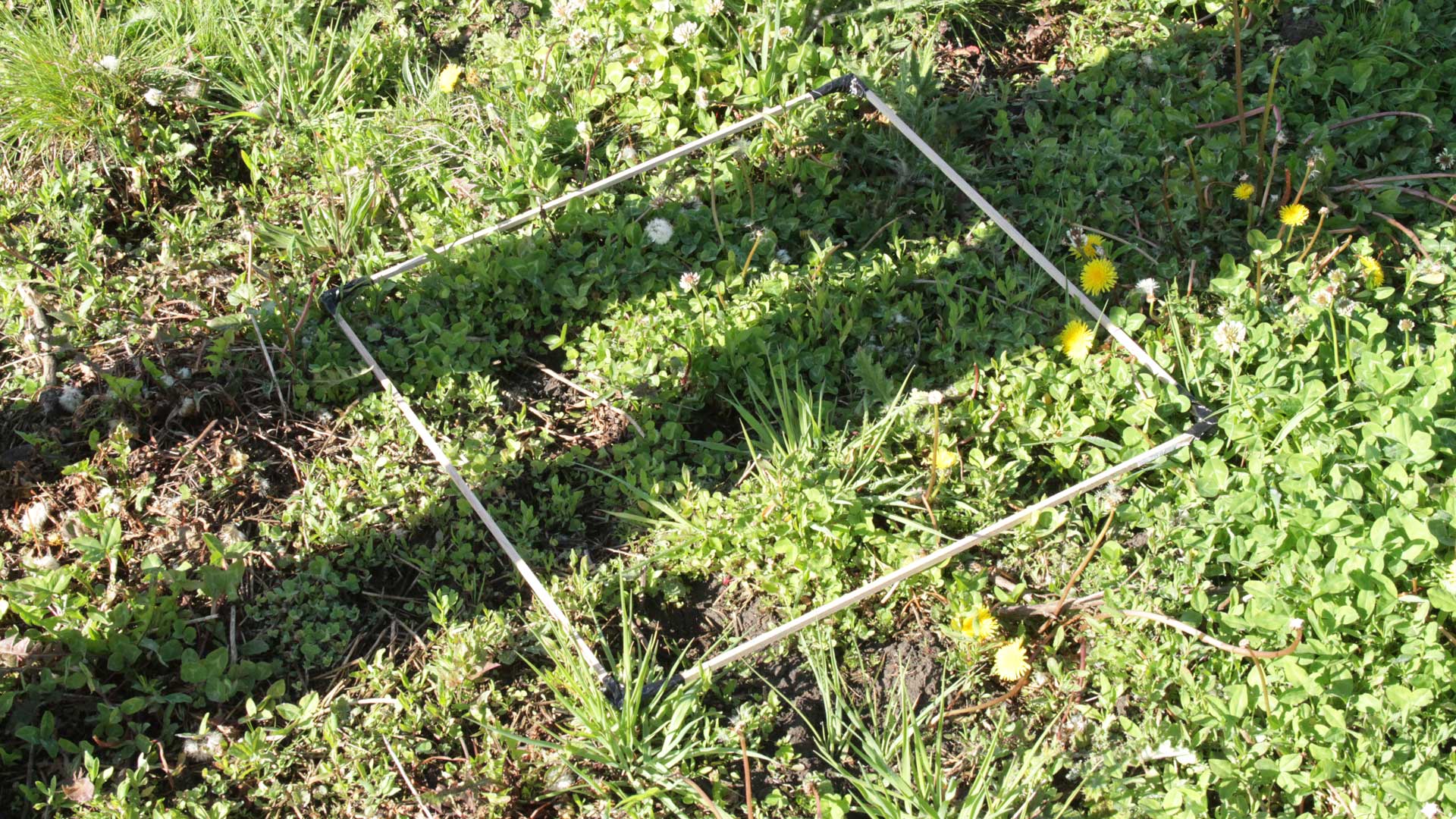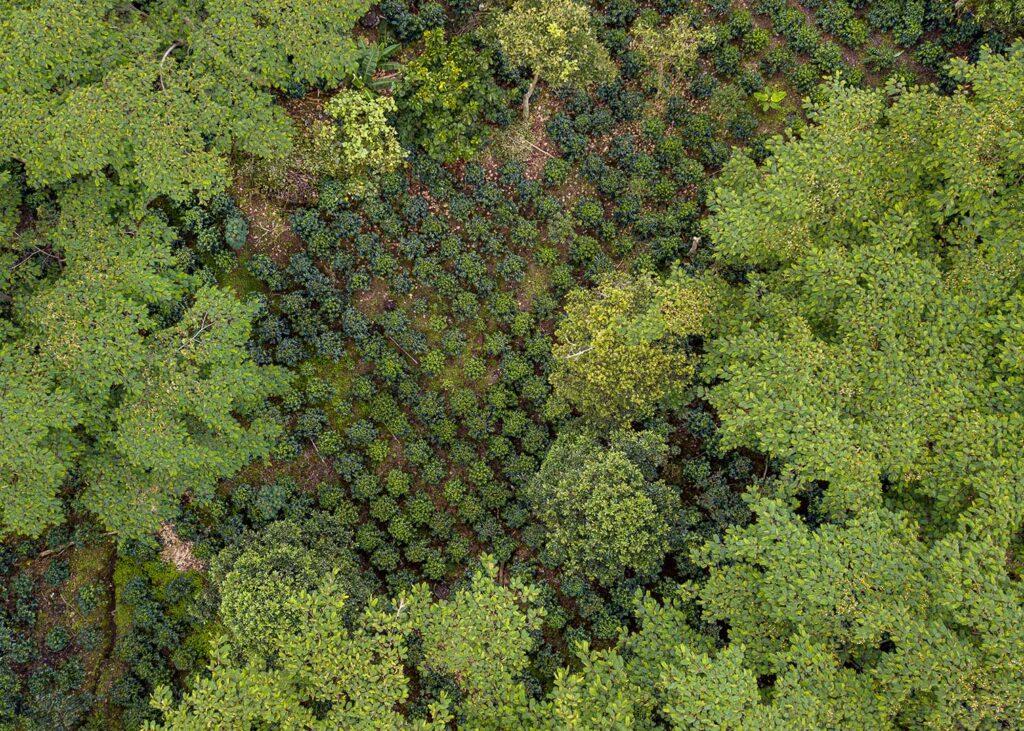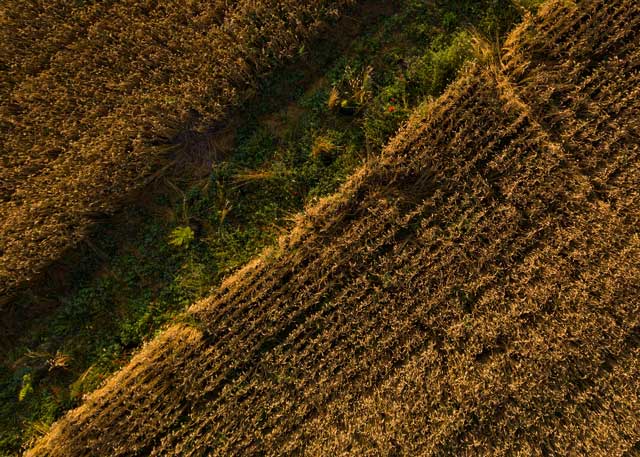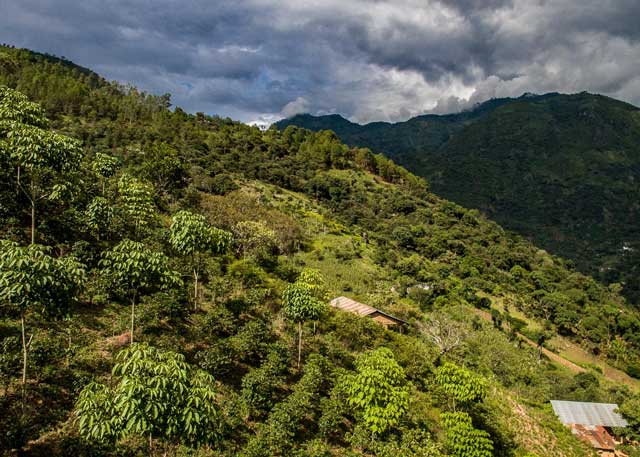Multiple environmental challenges face wool grower communities in Australia. Local climate conditions include high drought risks and frequent wildfires, with water becoming increasingly scarce due to climate change.
In this context, risks of excessive grazing and the conversion of many native grasslands to pastures have put an additional pressure on natural resources. Regenerative agriculture practices such as improved rotational grazing or trees integrated into pasture systems can address these challenges.
Such practices can improve pastureland health and sequester significant amounts of carbon in above and belowground biomass while protecting water streams from nutrient runoff. They also positively contribute to animal welfare.
